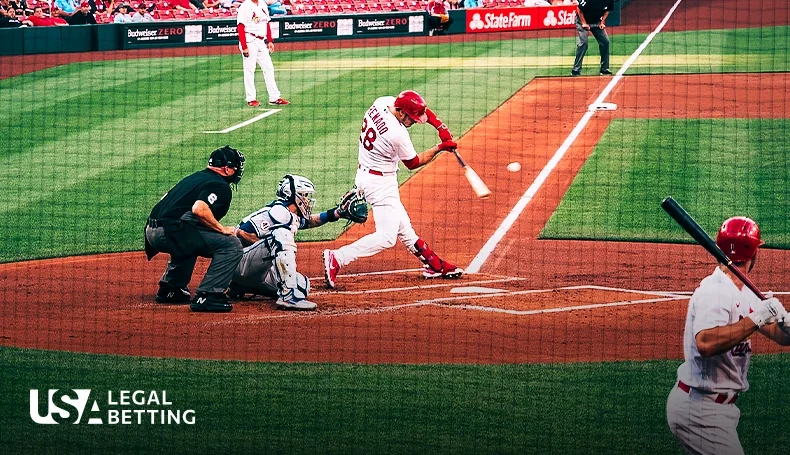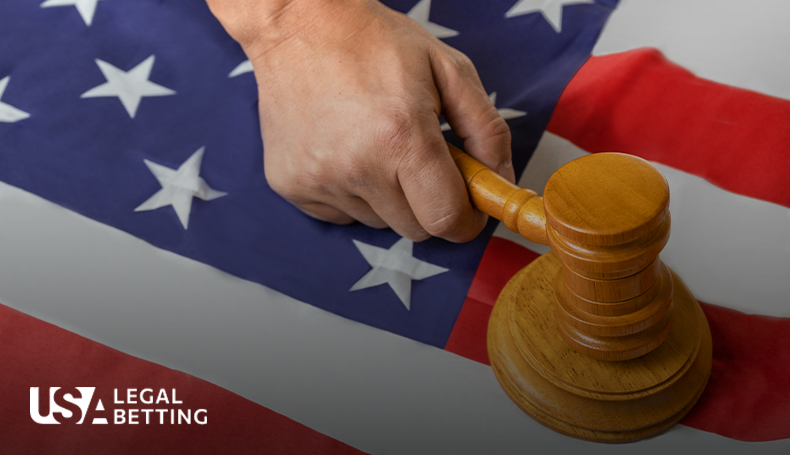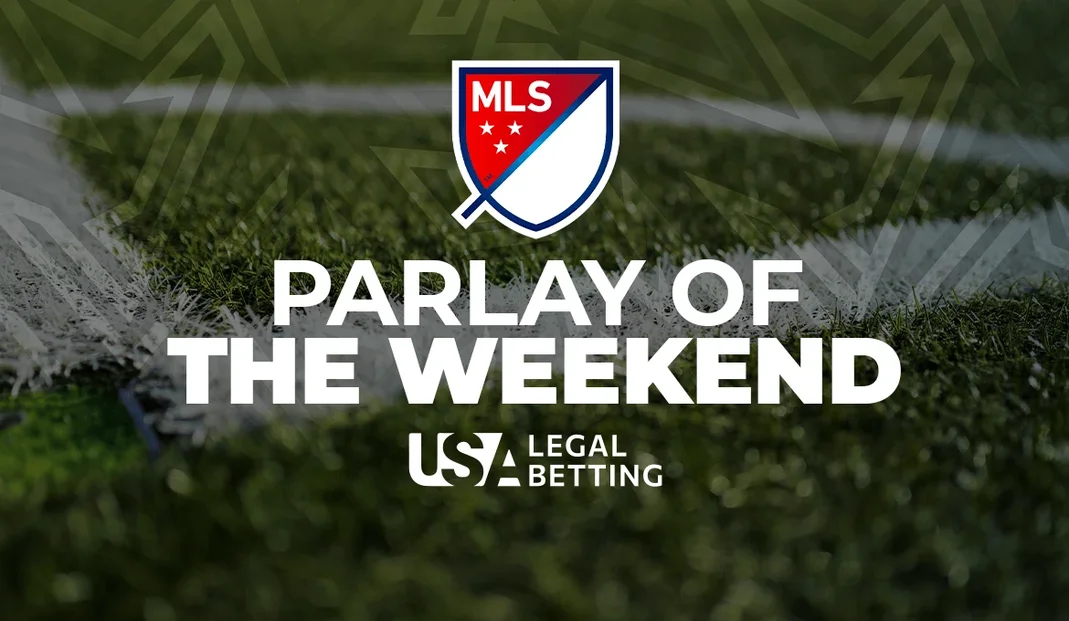Georgia is one of 17 states without an active sports betting market and one of 14 that have not legalized it at all. Conversations have been ongoing for some time, most notably during the recent gubernatorial race between winner Brian Kemp and runner-up Stacey Abrams, but no tangible progress has been made.
Despite previous opposition, the climate for legal sports betting is only getting more inviting. FanDuel sportsbook reported it accepted roughly 50,000 bets per minute, and geo-tracking company GeoComply confirmed roughly 100 million unique transactions occurred at the peak of the recent Super Bowl between the Philadelphia Eagles and Kansas City Chiefs.
Melton’s recent decree could help ensure that Georgia does not miss out on major events such as the Super Bowl or the impending March Madness.
Written in a 10-page letter to the Metro Atlanta Chamber, which supports the legalization of sports betting, Melton declared that sports betting can be grouped with the state lottery that has been legal since 1992.
“Bettors pay a fee to enter the betting scheme with the hope of winning money,” he wrote.
According to Melton, the Georgia Court of Appeals established the precedent for three necessary components of the lottery: prize, chance, and consideration. As long as those are met within reason, an enterprise can be considered a lottery.
Melton continued that the “chance” element could be the most difficult to establish when it comes to sports betting, though he argued that it is still present.
“Although a bettor may exercise some skill in picking a particular team or athlete as the winner, the actual determination of a winner is entirely dependent on the ultimate performance of the teams or player,” wrote Melton.










